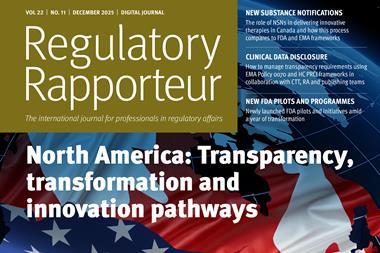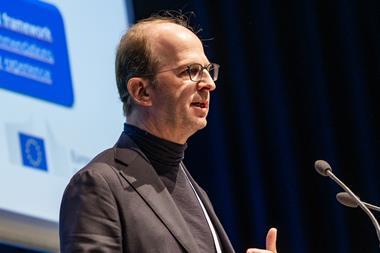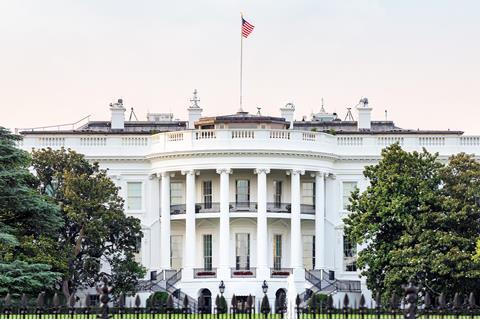
President Biden’s administration has announced it is setting a new policy direction that could see the US federal government ‘seizing’ patents for medicines where prices being charged are determined to be too high.
This existing legal authority has never been used but would only be applicable in situations where the medicines research was initially provided with public funding.
Announced in the first week of December 2023, the US government initiated a 60-day period for public consultation on the proposals before it finalises its policy direction.
The powers to seize a patent were enacted under the bi-partisan Bayh-Dole Act of 1980 (‘Chapter 18 – Patent Rights in Inventions Made with Federal Assistance’) which was enacted to spur innovation and allowed researchers to retain ownership of inventions, or products, that had been developed with the backing of public funds. However, the Act also provided for ‘march-in rights’ in certain circumstances related to unfair pricing.
The never-before-used powers would allow the US government, specifically the National Institutes of Health (NIH), to grant additional licenses to third parties and essentially to allow for generics to enter the market before the end of the patent term. This power can be used where the original patent holder does not make them available to the public on reasonable terms.
Monica Bertagnolli, NIH Director, said she shared the Biden Administration’s concerns over high drug prices, but did not commit to a position on the use of march-in rights.
“What I will affirm, over and over, is that I will use every tool I possibly can with the goal of obtaining the access that our patients need.
“March-in, if I am to ever apply that, it will be according to principles that allow it to really achieve that specific aim.”
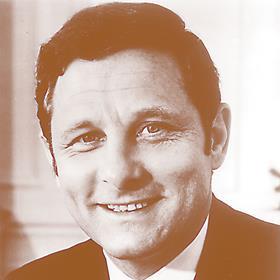
The Ronald Reagan-era legislation found consensus with both of the main US political parties, under the Act’s nominal sponsors, the three-term US Senator for Indiana, Democrat Birch Bahy Jr. and Kansas Senator Bob Dole, a Republican and later his party’s 1996 Presidential nominee.
The legislation flowed from a desire to seek to end the economic malaise of the 1970s, by empowering the ‘genius’, behind discoveries rather than the claims of public capital. Its background was the period from WWII seeing the US government amass more than 28,000 patents but commercially licensed less than 5%.
The roadmap under consultation will mean that the government will consider factors that include if the drug is only affordable to a small group of patients, and if pharmaceutical manufacturers are hiking prices to exploit a health issue.
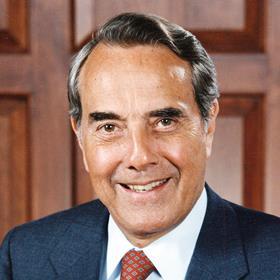
White House National Economic Advisor, Lael Brainard, said in a press conference: “We’ll make it clear that when drug companies won’t sell taxpayer funded drugs at reasonable prices, we will be prepared to allow other companies to provide those drugs for less.”
In March 2023, CEO of Moderna, Stephane Bancel, testified to Congress after the company announced its plans to raise the price of its COVID-19 vaccine as high as US$130 per dose. Developed in response to the pandemic, its Spikevax vaccine programme was underwritten with government funding.





























